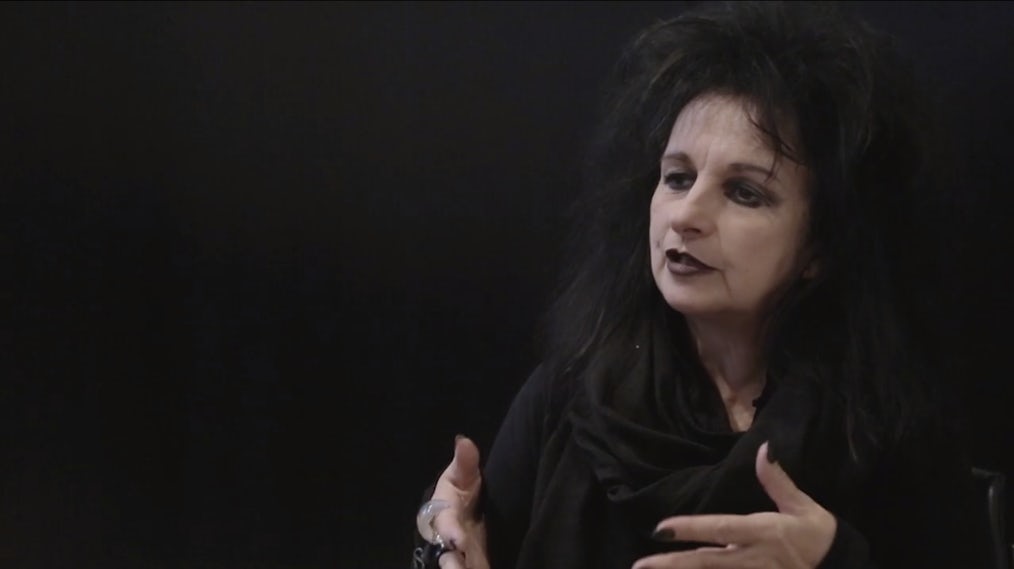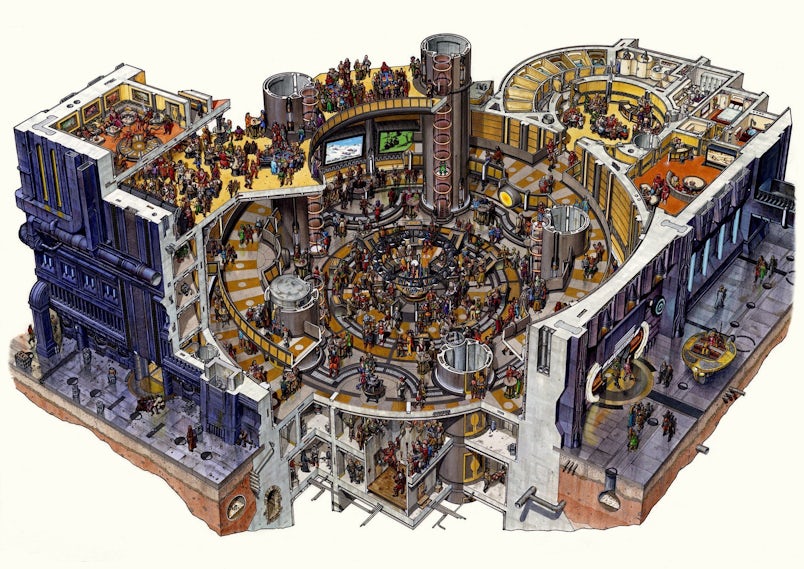This feature has been created in collaboration with urbanNext, a multi-platform aimed at developing, disseminating and distributing content centered on architecture through a focus on the contemporary human milieu and its challenges. Architizer features a weekly discussion from urbanNext’s journals to support its investigation of urban conditions and innovations facing the architectural profession today.
“Architects have to bring back to them the control of everything in the [built] environment,” said Odile Decq in an interview with urbanNext earlier this year. The pioneering architect, who introduced bold new forms and technical innovations to the French architecture scene in the early 1990s, believes that “today we have to rethink, totally, education in architecture … Architecture education is too much now just a professional study.”
Having trouble viewing on mobile? Click here.
For Decq, the architects of the future will possess an expanded role, one which is not “just dedicated to building buildings. There will be much more interest and being able to be involved in companies, in cities, in communities.”

© Roland Halbe
The art museum FRAC Bretagne designed by Studio Odile Decq in Rennes, France, 2012
In an attempt to embed this interdisciplinary approach into today’s architectural pedagogy, Decq launched her own architectural school, the Confluence School, in Lyon, France, earlier this year. Decq hopes to encourage architects to imagine themselves less as designers, and more as entrepreneurs who will be “developing by themselves a project and offering that to the society … not only waiting for clients … to ask [them] something.”

Studio Odile Decq’s Confluence Institute, School of Architecture in Lyon, France, was completed in 2015; photo © Roland Halbe, 2015.
Decq also believes the profession needs to herald a change in attitude toward sustainability in architecture, which now has “become a kind of an obligation … a thing that you have to fulfill.” “Is it how you give the people a better environment? I’m not totally sure,” she says. As a longtime advocate for social justice and equality, Decq sees the responsibility of sustainability in architecture “is how to help people live.” “The human being is really suffering from [society] and the economy. So this is a duty of architects to be concerned by that.”
Words by Joanna Kloppenburg
{% partner_block logo=”/static/img/partners/urbannext.png” description=”urbanNext is a multi-platform aimed at developing and distributing architectural content.” call_to_action=”Visit urbanNext →” url=”https://urbannext.net/” header=”In Collaboration With” %}




